News
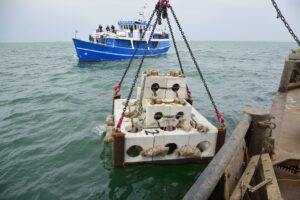
In addition to seaweed cultivation, North Sea Farmers are now also researching nature enhancement
The Rich North Sea, an initiative of The North Sea Foundation (Stichting De Noordzee) and Natuur & Milieu, has occupied a plot at North Sea Farmers. At this so-called Offshore Test Site, research is being conducted into sustainable seaweed cultivation. This research site is located about 12 kilometers off the coast at Scheveningen. The Rich North Sea will use its plot to conduct research into nature development in offshore wind farms. Last month, researchers from The Rich North Sea placed several oyster cages and artificial reefs there.
Read more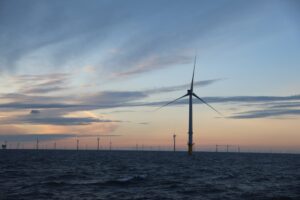
North Sea Agreement adopted by the Dutch House of Representatives
The North Sea Agreement was adopted with broad support in the House of Representatives. The agreement is an important step in realizing a healthy and resilient North Sea.
Read more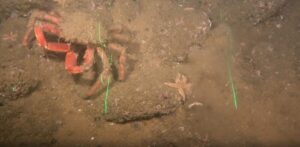
Common spider crab (Maja brachydactyla) appears to be settling in the Netherlands
In the Dutch part of the North Sea, some Common spider crabs (Maja brachydactyla) have been spotted. This occurred during biodiversity monitoring with an underwater drone (ROV) around the base of wind turbines in Borssele IV, a wind farm of Blauwwind. Some individuals of this species have been found in Dutch waters before, but these reports are from almost 50 years ago.
Read more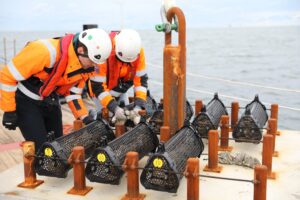
Oysters placed at the base of wind turbines
In the Borssele III & IV wind farm in Zeeland, 2400 flat oysters were placed around the foundations of wind turbines. The trial will investigate whether oysters can establish themselves permanently in the wind farm and whether this attracts new nature. Erwin Coolen, programme director of De Rijke Noordzee: 'This will give wind farms a dual function: supplying energy and strengthening nature. It would be fantastic if in the future an oyster reef could grow at the foot of every wind turbine.’
Read more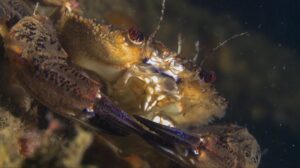
Underwater life during dive mission wreck REM 3
On September 29, The Rich North Sea went on a diving mission to the wreck of the REM 3. This wreck has been on the North Sea seabed since World War II and gives a good idea of what kind of marine life develops when you leave large hard-substrate structures untouched for years.
Read more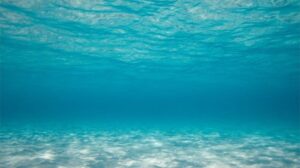
Research into the seabed in the North Sea
A breakthrough from The Rich North Sea in collaboration with TU Delft. Using existing data, we have located spots with harder sediments within the offshore area Hollandse Kust Zuid and Borssele. These spots possibly refer to the presence of biogenic reefs (structure of skeletons of plant or animal species). Now we can investigate these spots directly, which increases the chance of success and is more efficient.
Read more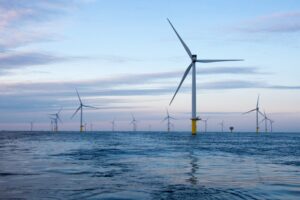
Prof. Tinka Murk (Wageningen University Research) on North Sea changes and future prospects
In the NPO radio show Focus, toxicologist and professor of marine ecology at Wageningen University Tinka Murk was interviewed about how the North Sea has changed over the past decades and her perspective on the future.
Read more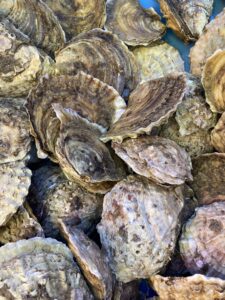
Life cycle of European flat oysters
An introduction on the life cycle of European flat oysters has been written that specifically addresses the methods that predict spawning time.
Read more